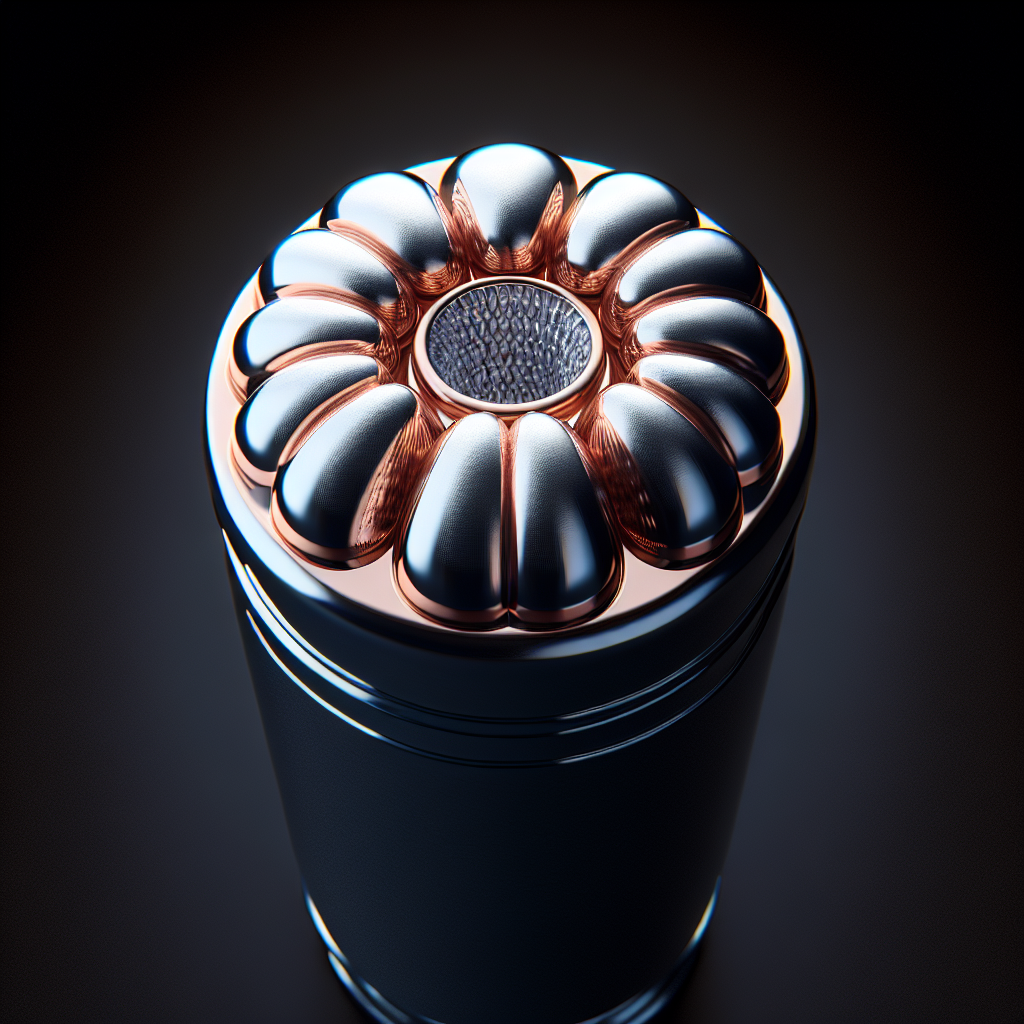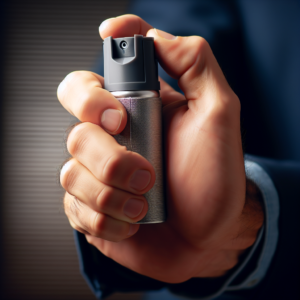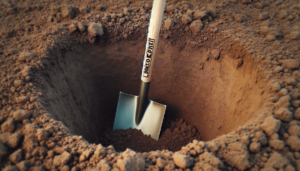
When it comes to self-defense, selecting the most effective ammunition is of paramount importance. With a plethora of options available on the market, it can be overwhelming to decipher which ammunition will truly serve its purpose in a life-threatening situation. In this article, you will explore the factors that contribute to determining the best ammunition for self-defense, ensuring that you are equipped with the knowledge to make an informed decision and prioritize your personal safety.
Importance of choosing the right ammunition
When it comes to self defense, the importance of choosing the right ammunition cannot be overstated. Your choice of ammunition could make the difference between life and death in a dangerous situation. The effectiveness and reliability of your ammunition can greatly impact your ability to stop a threat effectively. It is crucial to understand the factors to consider when selecting self defense ammunition and to be knowledgeable about bullet types and designs.
Factors to consider when selecting self defense ammunition
Selecting the right ammunition for self defense involves considering several factors. One of the primary factors is the stopping power of the ammunition. You need ammunition that is capable of quickly incapacitating a threat to protect yourself effectively. Additionally, the ammunition should have a high level of reliability, ensuring that it functions flawlessly when you need it the most. Furthermore, factors such as recoil control, penetration, and expansion should also be taken into account while selecting self defense ammunition.
Understanding bullet types and designs
To choose the best ammunition for self defense, it is important to have a good understanding of different bullet types and designs. Some of the commonly used bullet types for self defense include Full Metal Jacket (FMJ), Hollow Point (HP), and Soft Point (SP). FMJ bullets are known for their ability to penetrate deeply, but they may lack the desired stopping power and may overpenetrate. On the other hand, HP bullets are designed to expand upon impact, which can result in better energy transfer and greater stopping power.
Choosing the correct caliber for self defense
Selecting the appropriate caliber for self defense is a critical decision to ensure effective stopping power. The most common calibers used for self defense include 9mm, .40 S&W, and .45 ACP. It is essential to choose a caliber that strikes a balance between manageable recoil and stopping power. A higher caliber may result in increased recoil, which can affect your ability to accurately shoot in high-stress situations. Therefore, it is crucial to choose a caliber that you can comfortably and accurately shoot while still having sufficient stopping power.
Hollow point ammunition for self defense
Hollow point ammunition is widely regarded as one of the best options for self defense. These bullets are designed to expand upon impact and create a larger wound channel, which can effectively stop a threat. When a hollow point bullet hits its target, the hollow cavity in its tip allows the bullet to mushroom out, transferring more energy to the target and minimizing the risk of overpenetration. Hollow point ammunition is also less likely to pass through the target and cause collateral damage.
Advantages and disadvantages of hollow point ammunition
Hollow point ammunition offers several advantages for self defense scenarios. The expansion and increased surface area of these bullets result in better energy transfer, making them more effective at stopping a threat. The reduced risk of overpenetration also enhances the safety of bystanders. However, hollow point ammunition does have a few disadvantages. It can be more expensive compared to other types of ammunition, limiting the amount of training and practice one can afford. Additionally, hollow point bullets may not always cycle reliably in certain firearms, necessitating thorough testing for reliability.
Ballistic gel testing and performance
One of the ways to evaluate the performance of self defense ammunition is through ballistic gel testing. Ballistic gel closely replicates the density and consistency of human tissue, making it an ideal medium to simulate the effect of a bullet on a target. By analyzing how different ammunition types perform in ballistic gel, one can gain valuable insights into factors such as penetration, expansion, and overall effectiveness. It is important to look for ammunition that consistently performs well in comprehensive ballistic gel tests to maximize the potential to stop a threat effectively.
Expanding vs non-expanding bullets
While hollow point ammunition is designed to expand upon impact, there are also non-expanding bullets available for self defense. Non-expanding bullets, such as FMJ rounds, are known for their deep penetration capabilities. These bullets are designed to punch through barriers and have historically been used by military forces. However, due to their limited ability to transfer energy, non-expanding bullets may not be as effective at stopping a threat quickly. It is crucial to balance the advantages of penetration with the need for effective energy transfer when determining the best ammunition for self defense.
Reliability and feeding in self defense firearms
Reliability is paramount when it comes to self defense firearms and ammunition. Your life may depend on the ability of your firearm to cycle and feed ammunition consistently without malfunctions. Different firearms may have specific feeding requirements, and it is important to choose ammunition that reliably functions in your particular self defense firearm. Testing the chosen ammunition extensively for feeding reliability is crucial to ensure that it will perform flawlessly when you need it the most.
Considerations for concealed carry ammunition
For individuals who carry concealed firearms, additional considerations come into play when selecting self defense ammunition. The ammunition chosen should have a balance between stopping power and manageable recoil to allow for accurate shooting in stressful situations. It should also be capable of reliable expansion and a controlled penetration depth, minimizing the risk of collateral damage or overpenetration. Furthermore, concealed carry ammunition should be selected with consideration for the size and weight of the firearm to ensure comfortable and effective concealed carry.
In conclusion, selecting the best ammunition for self defense requires careful consideration of various factors, including stopping power, reliability, bullet types, and caliber. Hollow point ammunition is often considered the optimal choice due to its ability to expand upon impact and minimize the risk of overpenetration. However, it is important to conduct ballistic gel testing and consider factors such as reliability, feeding, and concealed carry requirements before making a final decision. Ultimately, choosing the right ammunition can significantly enhance your ability to protect yourself in a self defense situation.






